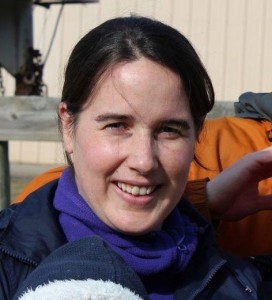Maasai
Southern Kenya and northern Tanzania
Early marriage among Maasai girls in Kenya is directly related to issues of livelihood insecurity, as is argued by CICADA academic partner Caroline Archambault. Archambault highlights the importance of understanding women’s perspectives on livelihood and land tenure, as they emphasize the relationship between land and well-being for the Maasai.
Archambault also works with Maasai communities in investigating the impacts of land tenure reforms on gender:

“The Kenyan pastoral rangelands are undergoing tenure reform, changing from “customary” systems of communal management to the privatization and allocation of individual freehold title… locally, among the Maasai in Kenya, women hold strong opinions about how privatization impacts their well-being. It is imperative that women’s perspectives and opinions inform debates and discussions about rangeland tenure reform…as is clear in the context of Maasailand tenure debates, women’s positions broaden our understanding of tenure processes and the widespread impacts of tenure change. Maasai women have different concerns and perspectives on privatization than do men, [and] women’s experiences will increase our understanding of the complex ways tenure can affect development. [In] current discussions too much emphasis has been placed on productivity and the potential efficiency outcomes of tenure reform. Women remind us that privatization of rangelands has profound and important social consequences that are key determinants of well-being.”
–Gendered perspectives on rangeland privatization among the Maasai of Southern Kenya (2015) – Caroline Archambault
